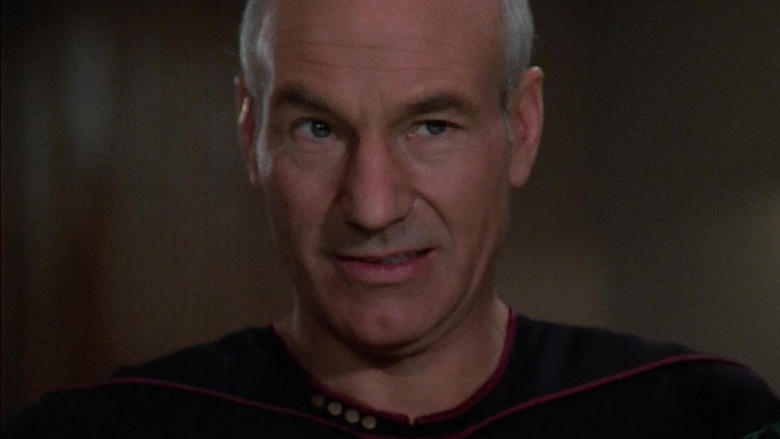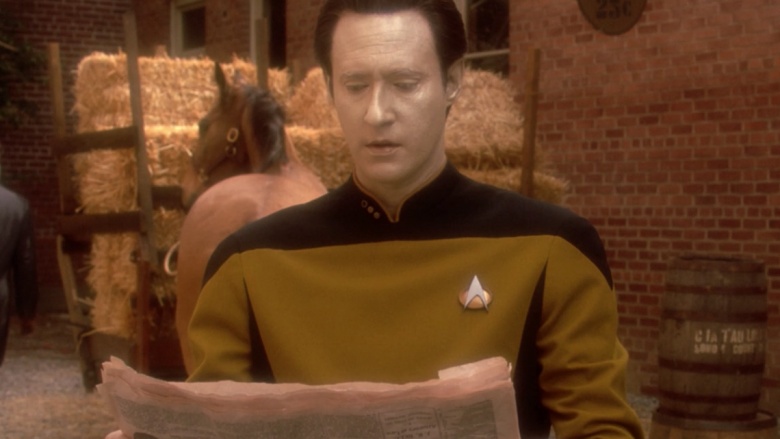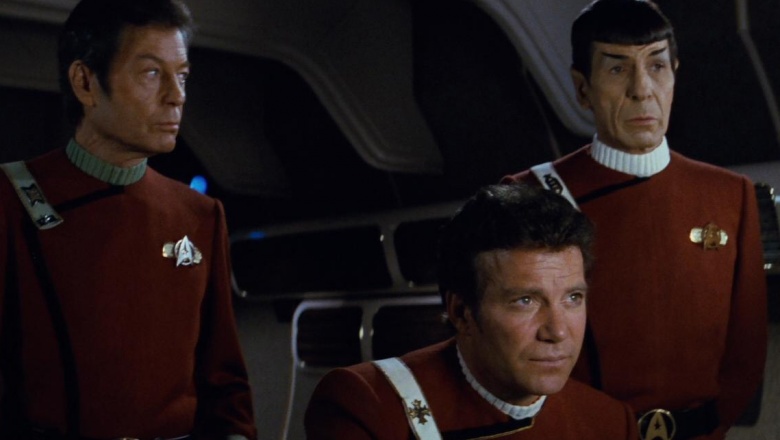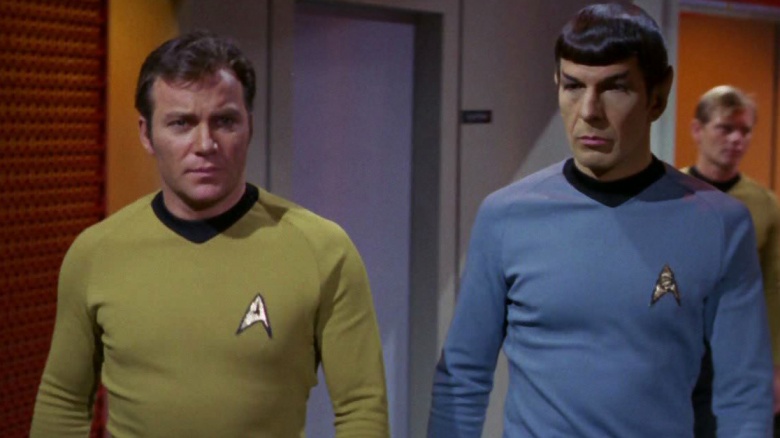Why We're Worried About The New Star Trek Show
In early November, 2015, CBS Television Studios announced that it will begin production on a new Star Trek series for a January 2017 premiere. Unlike previous Star Trek television programs, the new show—with the exception of the first episode—will not air on networks, but instead via a subscription-based streaming service, CBS All Access. Alex Kurtzman, co-writer of director J.J. Abrams' two reboot Star Trek movies, will serve as executive producer. CBS revealed little about the new show in its press announcement. What familiar characters the show may feature or even its setting and timeline still remain a mystery. Nevertheless, despite our excitement, this news worries us for a bunch of reasons...
Alex Kurtzman
As we mentioned, Alex Kurtzman co-wrote the 2009 Star Trek reboot and Star Trek Into Darkness. The former was a fun, decent movie with some narrative hiccups. Fans criticized the latter, however, for its gaping plot holes and derivative storyline. Kurtzman also wrote or co-wrote largely reviled movies such as The Island, Cowboys & Aliens, Transformers: Revenge of the Fallen, and The Amazing Spider-Man 2. Film is indeed a collaborative medium. So we can't blame Kurtzman for every fault found in these movies. Yet his involvement in all these cinematic flops (financial, critical, or both) certainly gives him a dubious track record.
Hollywood Politics
CBS controls the rights to the Star Trek television series, while Paramount Pictures owns the rights to the movies. We can envision plenty of battles—legal or otherwise—between the two studios that may have a deleterious effect on the new show. What if, for example, CBS wants to include a character or element from the two recent movies? Will Paramount allow this? Or will we see a situation similar to Disney and 20th Century Fox regarding the Marvel Comics' licensed properties? Recall that Disney couldn't label Quicksilver or the Scarlet Witch as mutants in Avengers: Age of Ultron because Fox owns the film rights to the X-Men and its accompanying details. The fact that the press release adds that "the new television series is not related to the upcoming feature film" doesn't really seem to bode too well, either.
A History of Mediocrity
The Star Trek franchise arguably began its decline around the final season of Star Trek: The Next Generation (TNG). Although the subsequent series—especially Deep Space Nine—featured some standout episodes, none of them as a whole ever managed to recapture the terrific science fiction storytelling exhibited by TNG in its prime. Star Trek: Voyager, despite lasting seven seasons, was reviled by a large contingent of fans. Star Trek: Enterprise was the first of the franchises' shows to suffer premature cancellation since the Original Series. What might help this new Star Trek series break the cycle?
Nothing Original
One of the reasons for the franchise's decline in the late 1990s and early 2000s was that the series' writers had a propensity to emulate what had come before rather than attempt to create anything original. How many of the the Star Trek movies and series featured time travel as a key story element? How many times did viewers witness the Borg shoehorned in as villains? By contrast, TNG's writers and producers almost always tried to create original stories and rarely drew upon events and characters from the 1960s Star Trek series. When it did with any regularity, TNG had already grown enough as a show to stand on its own. One of the many problems of Star Trek Into Darkness is its over-reliance on nostalgia. Not only was Khan the antagonist, but the movie liberally ripped off scenes from Star Trek II: The Wrath of Khan, without doing much to justify the new riff. It felt more like a tribute band than anything.
Exclusive to Streaming
We're dubious of CBS Television Studios' decision to make the new series exclusive to CBS All Access. The success of Netflix and HBO's original programming (Orange is the New Black, House of Cards, Game of Thrones, Silicon Valley) certainly demonstrates that viewers are willing to pay for exclusive content. Yet these premium services had a large subscriber base before starting their original shows. There are also more reasons to subscribe to HBO and Netflix, like their huge libraries of movies, documentaries, and series. Will viewers—especially those in the much coveted 18 to 35 demographic—really pay $5.99 per month just to watch Star Trek on CBS All Access? Sure, subscribers will have access to other CBS programming. Yet, we just can't envision college kids outside of Regent University who're willing to pay money to watch old episodes of Everybody Loves Raymond. Overall, it seems that CBS may be setting Star Trek up for failure by restricting it to a digital service. If it can't boldly go into more people's living rooms, the new Star Trek may experience a warp core breach before it even leaves dry dock.





